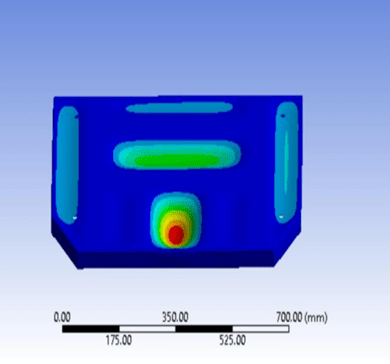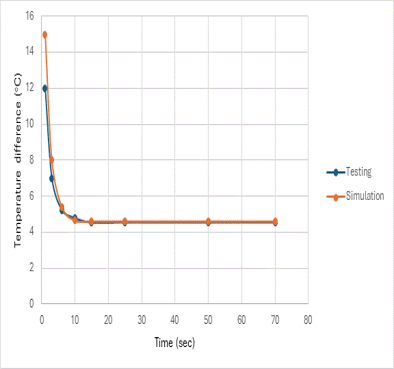Imagine cutting development time in half for a fast, reliable EV charging solution. Statiq, with Ansys Multiphysics simulations and CADFEM’s expertise, is revolutionizing India’s EV charging infrastructure to be more cost-effective, robust, and thermally optimized for on-the-go users.
Founded in 2019 by Mr. Akshit Bansal and Mr. Raghav Arora, Statiq is a tech-driven start-up committed to building one of India’s largest public EV charging networks. Backed by Shell Ventures and Y Combinator, Statiq offers end-to-end EV charging solutions for landowners, EV users, and manufacturers. Statiq’s mission is to provide affordable, reliable, and accessible charging infrastructure, supported by advanced technology and a growing network.
One of the problems with electric vehicle (EV) in India is reliability, affordability and accessibility of fast charging network for which Statiq decided to develop dedicated charging infrastructure to help electric vehicle penetration grow in India. For enabling electric vehicle users to grow in India demand was to develop fast charging infrastructure which can help EV users to charge on the go and use their EVs hassle free.


Statiq recognized the need to stay competitive in the early stages of EV charger infrastructure development in India. To achieve this, the company adopted Ansys simulation technology to streamline development, reduce costs, and accelerate time-to-market for new charger models. Here’s how Statiq leveraged advanced tools to optimize their charger design:

Ansys simulation has helped us develop structurally stable and thermally efficient electric vehicle chargers. The support from CADFEM India team has been absolute top notch. CADFEM India supported us in setup of advanced simulation models which helped us improve on cost, robustness and thermal stability of the charger. Ansys Multiphysics simulation solutions (Ansys Fluent, Ansys Mechanical and optislang) helped us in achieving thermal and structural optimization. It helped us cut the development time for a new charger design by 50%, while also reducing price of product development by 30% due to design optimisation and pre-compliance testing. Additionally, we saw substantial improvement on charger uptime by 6% and performance by 15%, all of which contributed to a more efficient and cost-effective process.